By: David Xi-Ken Astor, Sensei
The Zen master Shunryu Suzuki said, “Instead of having a deep understanding of the teaching, we need a strong confidence in our teaching, which says that originally we have Buddha nature. Our practice is based on this faith.” This statement which comes form his book Zen Mind, Beginner’s Mind got my attention. I have not thought of my practice in this way before. Not knowledge, but confidence is what we should cultivate is what Suzuki is stressing. This emphases on confidence over knowledge can be a strong agent for change. It asks the question, “Do we really believe what we know?“ I speak often about how Buddhist practice and study can be viewed from a philosophical, psychological, and spiritual perspective. As a philosophy, Buddhism is a very comprehensive and profound system of thought-processing. But traditional Zen practice is not taught or practiced with a great deal of philosophical explanations. Focusing rather on our personal experiences, the exercise of breath control and meditation, are considered more essential for coming to a realized state of body-mind.
I have not considered the term confidence before when expressing how one should consider their practice, I use other words. Although without confidence the student/teacher relationship is in jeopardy. What I like about exchanging the word ‘understanding’ to ‘confidence’ is that it places focus on the importance of acceptance of what we are learning as we practice. Not just on knowing by analysis something about Buddhist thought. It is more about acceptance, assurance, and certainty that the path we are on can achieve insight. That insight may also awaken the body-mind to the bigger picture of how we are in this world. We can be aware, but the subject of this awareness must transition into acceptance. When that happens we have gained confidence of its value, and our practice is strengthened as a result.
There is a danger in relying on invalidated knowledge alone. The human system for acquiring new information is complicated and involves some degree of interpretation and filtering on our part as we go about the learning process. Sometimes we get out of the way and let another’s thoughts and ideas replace our own. This, of course, is not a bad thing because we always rely on another’s expertise for guidance. This in fact is very pragmatic. But without validating new knowledge with our own personal experiences, we are only taking what we are learning as a state of faith. But when we have gained the experience of validating what we are learning, and thus acknowledging its reality, we gain the confidence that our worldview is on solid ground. This gets the ego out of the learning and acceptance process when it makes choices for us by using preconceived notions of what it thinks reality is.
Confidence should be the cornerstone of our practice, and also it’s main human ingredient. When we truly believe in our way, the path becomes more clear. But when we have not developed unwavering confidence in the meaning of our practice, each moment presents the possibly of us walking around with a monkey-mind in the weeds. The Buddha talked often about this possibility from his own experience both before and after enlightenment. He was not entirely free of causal-life consequences either, he was only human after all. But he continued to walk the path of liberation with absolute confidence. His view of life was not shaken as he continued to experience awakened moments, and watched what was happening around him. He observed with great intent and awakened body-mind state of awareness how the Universe is. He had a very scientific understanding of Universal reality for his day which contributed to confidence-in-practice.
So our Buddhist practice is not just based on informative and intellectual understanding, metaphysical beliefs, or faith alone. It is through actual action-practice, not by reading or contemplation of philosophical constructs that we reach awakening, and the confidence to know the difference. Master Suzuki put it this way, “Our understanding at the same time is its own expression, is the practice itself.” This practice stands on the very surface of our confidence, moment after each moment.


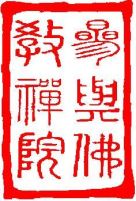
































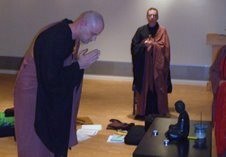

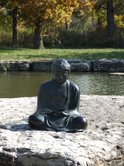







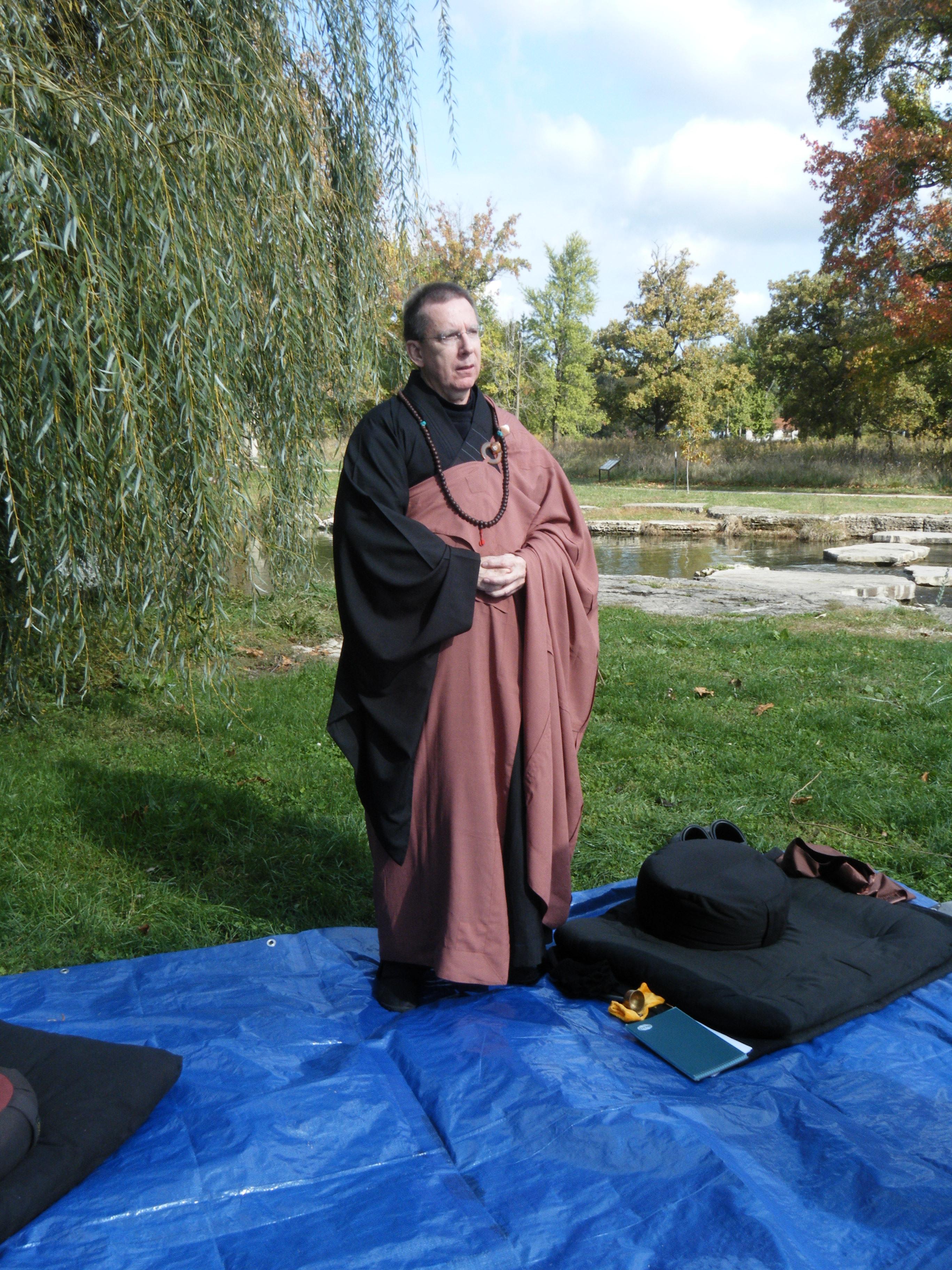






























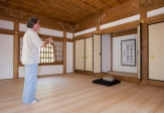






Reblogged this on It's Fearsome… and commented:
Ahhh
I see a lot of interesting posts on your page.
You have to spend a lot of time writing, i
know how to save you a lot of work, there is a tool that creates unique,
SEO friendly posts in couple of minutes, just type in google – laranita’s free content source
I read a lot of interesting articles here. Probably you
spend a lot of time writing, i know how to save you a lot of time, there is an online
tool that creates unique, SEO friendly articles in seconds, just type in google – k2seotips unlimited content